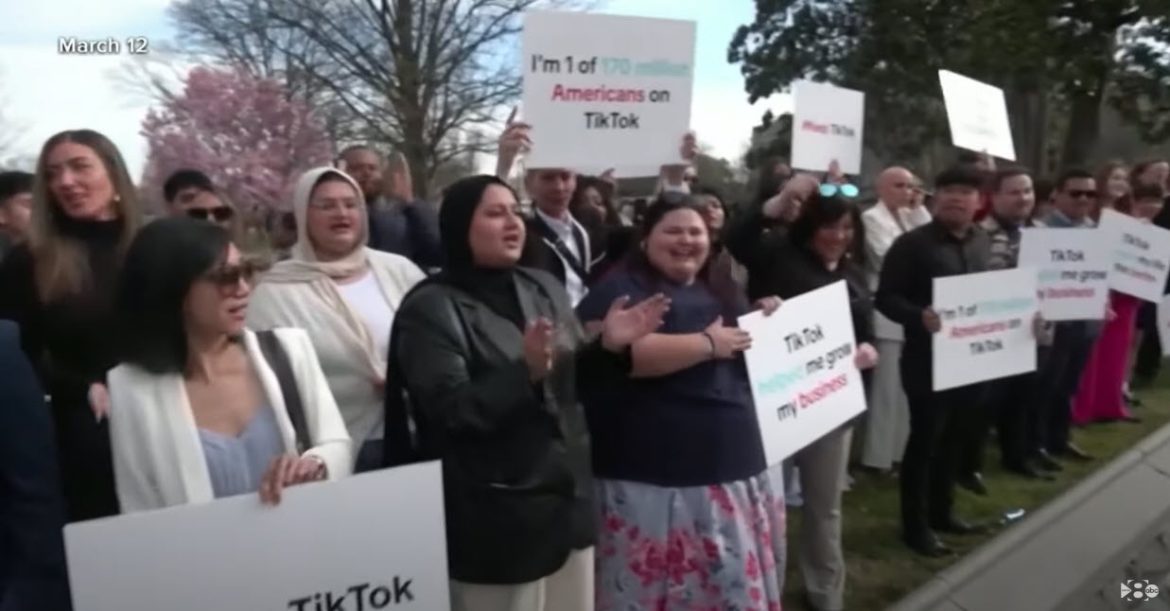A group of TikTok content creators from eight states is suing the U.S. government in response to its efforts to ban the popular app. The lawsuit comes after President Biden signed a law last month demanding that TikTok’s China-based parent company, ByteDance, either sell the app or face a ban in the United States.
The creators argue that the law is “unconstitutionally overbroad” and infringes upon the First Amendment rights of users. They assert that the legislation effectively bans an entire medium of communication and suppresses the vast majority of speech conducted through the platform, which they argue is protected under the Constitution.
In their lawsuit, the content creators claim that TikTok serves as a significant platform for free expression, artistic creativity, and community building. They contend that banning the app would unjustly silence millions of voices and disrupt the livelihoods of many who depend on the platform for their income.
The lawsuit also highlights the broader implications of such a ban, arguing that it sets a dangerous precedent for government overreach in regulating digital and social media platforms. The plaintiffs seek to protect their rights to free speech and maintain access to a platform they view as essential to modern communication and cultural exchange.
This legal action follows a separate lawsuit filed by TikTok and ByteDance last week, which also challenges the legality of the U.S. government’s demands. In their suit, TikTok and ByteDance argue that the forced sale or ban is unjustified and based on unfounded national security concerns.
The U.S. government has expressed apprehension about TikTok’s data privacy practices and its potential connections to the Chinese government. Officials argue that the app could pose a national security threat by potentially allowing user data to be accessed by Chinese authorities.
As these legal battles unfold, the future of TikTok in the U.S. remains uncertain. The outcome will have significant implications for the platform’s millions of users and the broader landscape of digital rights and government regulation of social media.



